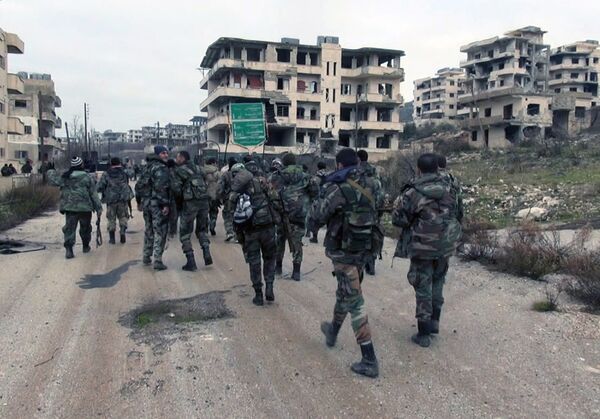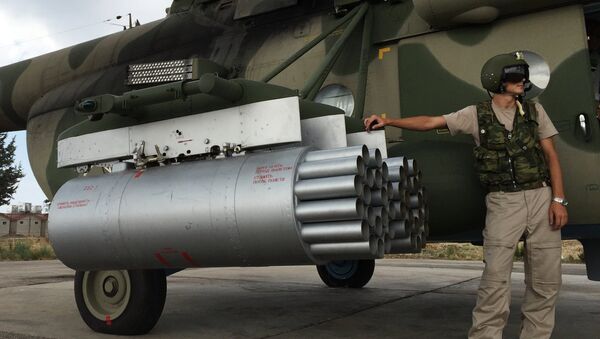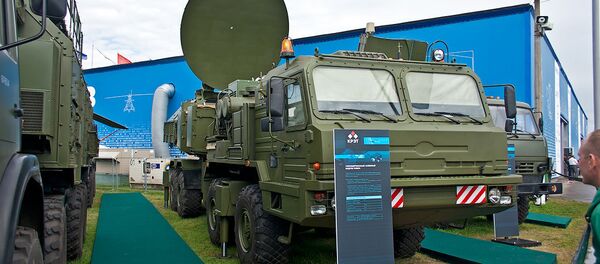Western analysts have long believed that Russian military reform, kicked off in the wake of the 2008 Russo-Georgian conflict provoked by then president of Georgia Mikheil Saakashvili, had produced a "paper tiger"; however, it turns out that they were profoundly wrong, Australian researcher and postgraduate student at Western Sydney University Mitchell Yates notes.
"Such ill-considered criticism of Russian military reform is concerning… The force modernization and restructuring program launched by Vladimir Putin and his then Defense Minister Anatoliy Serdyukov in the wake of the 2008 Georgian War has strengthened the capabilities of the Russian military," Mitchell writes in his article for The Strategist.
Indeed, according to Dmitry Gorenburg, a senior research scientist at the American think-tank CNA, the Russo-Syrian military operation "has already shown that the military reform has resulted in a significant increase in Russia's warfighting capability."
"Until September, most analysts (including myself) argued that Russia was not capable of conducting a military operation away from its immediate neighborhood," he wrote in his November article for The Interpreter, the Lowy Institute for International Policy's media outlet.

The Syrian campaign has also highlighted advances in integration among Russia's military service, and even more significantly it has demonstrated Russia's armed forces' ability to coordinate operations with allied foreign units on the ground, Gorenburg stressed.
Mitchell echoes Gorenburg's stance:
"The actions of the 'little green men' in the Crimea points to the increasing effectiveness of Russia's special forces, and a considerable joint force operation in Syria — capable of 'seeing, shooting and supplying' on land, at sea and in the air — is evidence of Russia's matured joint warfare capabilities," the Australian scholar underscores.
According to the scholar, Russia's involvement in Syria is "an example of conflicting Australian and Russian strategic interests."
Mitchell's approach is rather surprising: unlike Australia, Russia has entered the conflict in response to an official request issued by the legitimate Syrian government.
In light of this, military actions conducted by NATO members, including Australia, on the territory of Syria are completely illegitimate, since none of them were invited by Damascus to assist Syrians in the fight against Daesh (ISIL/ISIS), the al-Qaeda-linked al-Nusra Front, and other radical extremists on the ground.


